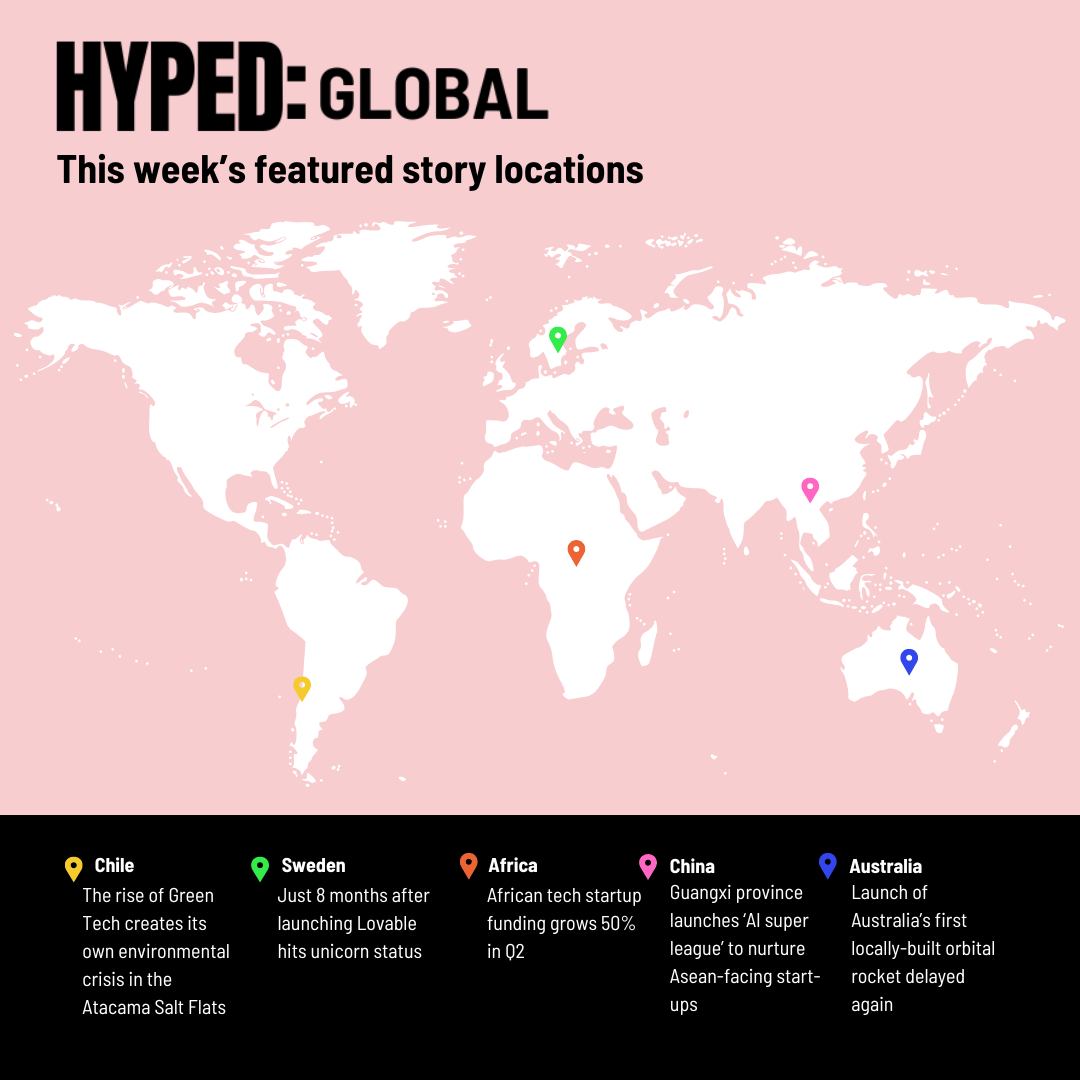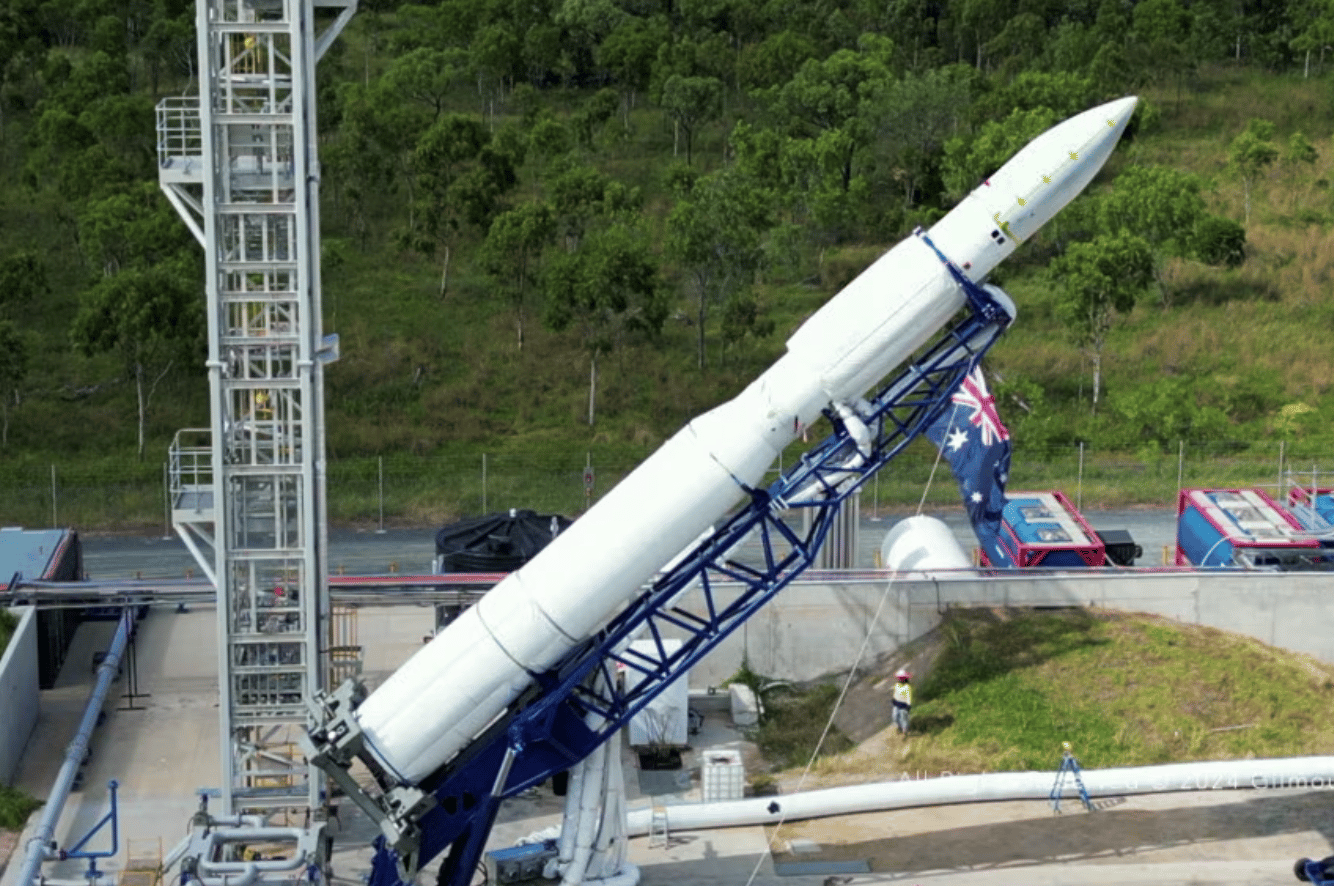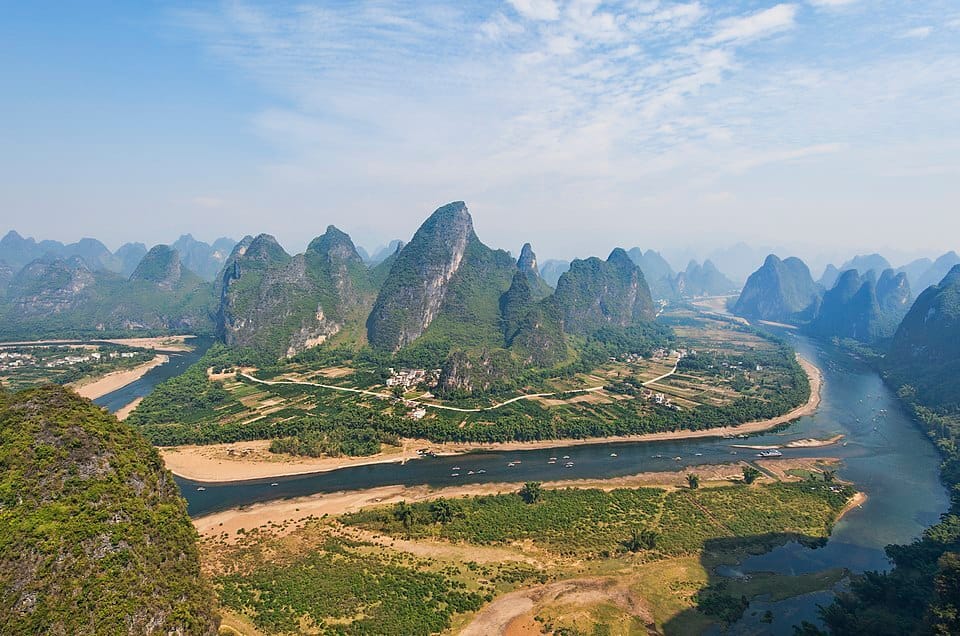
For more stories like this in your inbox every week subscribe here
And for our newly launched Slack Community where you can connect with Startup, Innovation and Tech enthusiasts from across the world, join us here

The top stories from Europe and the UK this week
TL;DR:
Sweden: Just 8 months after launching Lovable hits unicorn status
The Swedish startup, which lets users ‘vibe code’ their own apps and websites without needing to learn to code, has been growing at breakneck speed this year. Just eight months after launching its first product, Lovable says it has 2.3m users, who’ve created more than 10m projects.
It’s also started pushing into enterprise customers, with Klarna, Hubspot and Photoroom using it — and is making more than $75m in annual recurring revenue.
Absolutely no surprise then that, in a $200m Series A announced yesterday, it leapt into the unicorn club with a $1.8bn valuation.
Why should you care: Lovable is changing the way that Tech is built, breaking down the high barriers (cost, time, skills) that have previously existed. As Canva made the world graphic designers, so will Lovable with coders. Tell will tell who the losers will be as that happens.

Everything you need to know about ANZ Tech & Innovation
TL;DR:
Australia: Launch of Australia’s first locally-built orbital rocket delayed again
The Eris rocket, designed and manufactured by Gilmour Space Technologies in Australia, was due to launch from Bowen, Queensland, on Tuesday, but on-the-ground delays scuttled its plans. It pushed back to Wednesday, but updated high-altitude wind forecasts made a safe launch untenable.
The delay comes after its original May launch was disrupted when an unexpected anomaly opened the Eris capsule’s nose cone while still on solid ground.
Gilmour Space now hopes to make Australian space travel history with the first orbital launch from Australian soil of any kind in 50 years from July 27, pending weather conditions later this month.
Why should you care: With 97% of Australia’s land mass unpopulated, the country has the potential to be a huge future player in the space Tech race. The launch of a first missile in 50 years is a great signal of intention for takeoff, pun intended!
Subscribe here for weekly updates about Australia & Aotearoa New Zealand in your inbox

The Eris Rocket made by Gilmour Space Technologies. Source: ABC News

The top stories from the African continent this past week
TL;DR:
Africa: African tech startup funding grows 50% in Q2
Total investment into the African tech startup ecosystem fell by more than 50 per cent to US$1.1 billion in 2024, while the number of funded startups declined by more than half, as the impacts of the global capital shortage continued to make themselves felt on the continent.
This was according to the 10th edition of the annual African Tech Startups Funding Report released by Disrupt Africa, which showed:
Fewer startups raised capital compared to Q1, 49 as opposed to 55
The total amount raised by those ventures was up 50 per cent to US$426million in the first three months of the year.
104 African tech startups have raised in the first half of 2025, with money raised up 34 per cent from US$530 million in the first six months of 2024
Want to hear more about African Tech? We highly recommend our good friend Caleb Maru’s Tech Safari newsletter, you can subscribe here

India, China, South East Asia and everything in between
TL;DR:
China: Guangxi province launches ‘AI super league’ to nurture Asean-facing start-ups
The autonomous region which borders Vietnam is aiming to nurture emerging enterprises and talent serving Asean markets.
The competition, titled “AI for All”, will run through September and features 17 tracks, including automobile, tourism, cross-border e-commerce, smart agriculture, and market regulation.
Hosted by the Guangxi regional government, the kick-off took place simultaneously in eight cities: Guangxi’s capital Nanning, Beijing, Shanghai, Hangzhou, Shenzhen, Hong Kong, Bangkok, and Kuala Lumpur.
Why should you care: The Asean AI industry is projected to reach US$30 billion by 2030, with adoption of the technology expected to contribute between 10 per cent to 18 per cent of the bloc’s gross domestic product

China’s Guangxi province is known for it’s stunning landscapes

The biggest news out of the US plus the rest of North and South America
TL;DR:
Chile: The rise of Green Tech creates its own environmental crisis in the Atacama Salt Flats
The BBC reported this week, that Chile’s Vega de Tilopozo, a wetland, known for its groundwater springs is now dry and cracked with holes following the increased mining of Lithium driven by the demand for Electric car batteries.
Beneath the salt flats of the Atacama Desert lie the world's largest reserves of lithium, a soft, silvery-white metal that is an essential component of the batteries that power electric cars, laptops and solar energy storage. As the world transitions to more renewable energy sources, the demand for it has soared.
In 2021, about 95,000 tonnes of lithium was consumed globally - by 2024 it had more than doubled to 205,000 tonnes, according to the International Energy Agency (IEA).
By 2040 it's predicted to rise to more than 900,000 tonnes. Chile is the second-largest producer of lithium globally after Australia.
Why should you care: Chile’s Finance minister has previously said the increase in Lithium production could be up to 70% by 2030 meaning this problem is unlikely to go away. We have to continue to ask ourselves if it comes to sustainability are we robbing Peter to feed Paul?
For more stories like this:
Check out our parent website Hype Man Media
Follow us on LinkedIn
Join our Global Slack Community
If you enjoyed this newsletter, please reply by letting us know or even better share it with your friends or community!
Until next week, travel safe



